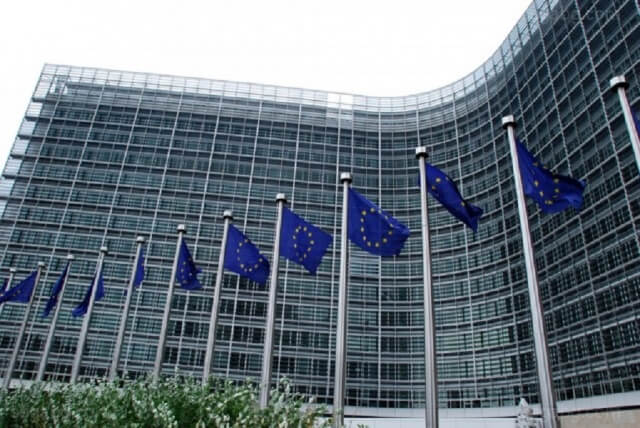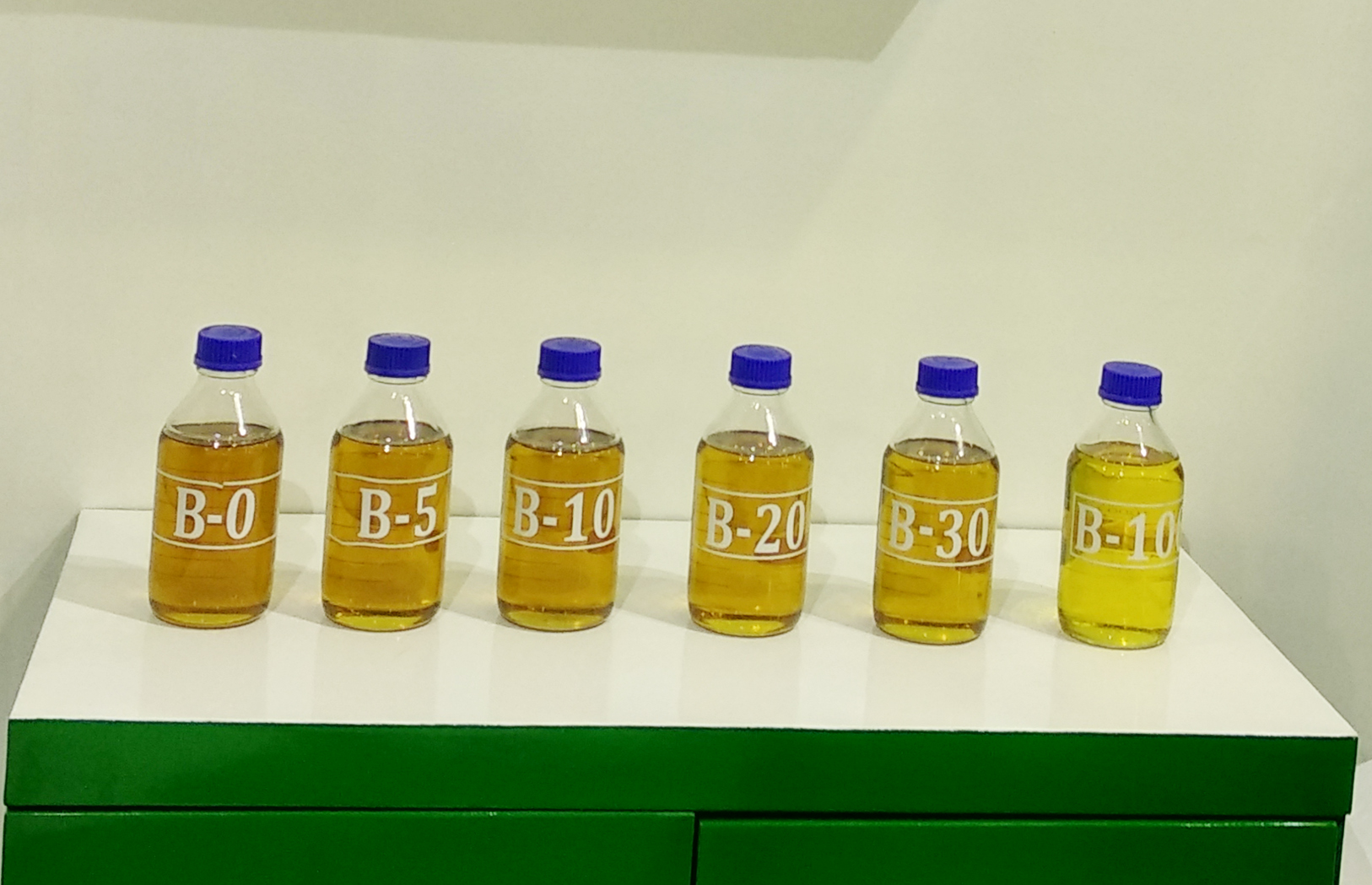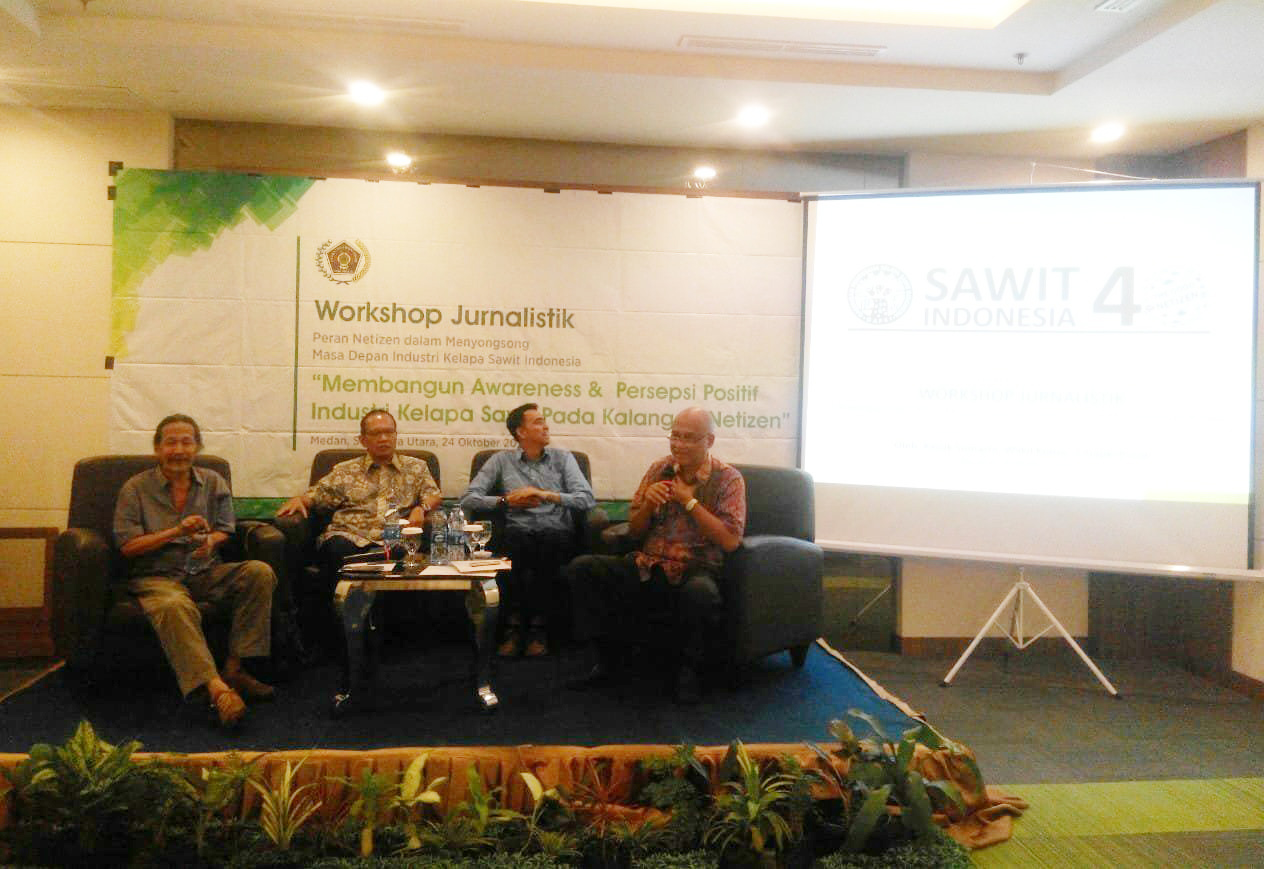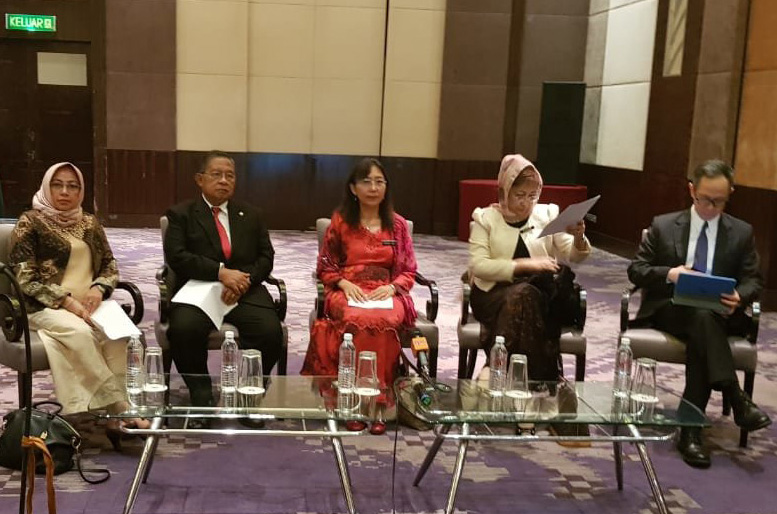10 Point of the Indonesia’s Response to the EU’s Discrimination Against Palm Oil
The Government of Indonesia, Monday (18/3/2019), responded to the European Union’s discrimination against palm oil, demanded equal treatment on this national commodity in the EU’s market. The Government of Indonesia strongly opposes the decision of the European Commission to adopt the Draft Delegated Regulation which classifies palm oil as unsustainable “high-risk` ILUC vegetable oil based on a unilateral and arbitrary scientifically flawed standard. Indonesia, the world’s largest palm oil producer, argues that the EU’s Delegated Regulation is an outright discrimination and a disguised protectionist measure against palm oil. Following is the 10 point of the response as published on attachment to the Press Release No.

The Government of Indonesia, Monday (18/3/2019), responded to the European Union’s discrimination against palm oil, demanded equal treatment on this national commodity in the EU’s market.
The Government of Indonesia strongly opposes the decision of the European Commission to adopt the Draft Delegated Regulation which classifies palm oil as unsustainable “high-risk` ILUC vegetable oil based on a unilateral and arbitrary scientifically flawed standard.
Indonesia, the world’s largest palm oil producer, argues that the EU’s Delegated Regulation is an outright discrimination and a disguised protectionist measure against palm oil.
Following is the 10 point of the response as published on attachment to the Press Release No. HM.4.6/32/SET.M.EKON.2.3/03/2019, 18 March 2019:
- The Government of Indonesia strongly opposes the decision of the European Commission to adopt the Draft Delegated Regulation which classifies palm oil as unsustainable “high-risk` ILUC vegetable oil based on a unilateral and arbitrary scientifically flawed standard. Through this Regulation, the Commission confirms that the intention of the Draft Delegated Regulation is not to promote sustainability in the vegetable oil sector, but to phase out and impose a ban on palm oil imports into the EU mandated biofuel sector in order to protect and to promote EU`s home-grown vegetable oils.
- It is regrettable to note that the comments of EU Institutions and other interested parties consider that the regulation does not go far enough in that a total ban on palm oil is being sought. For those whom genuinely believe in sustainability and protecting the environment, it is important to set aside the politically motivated ILUC and instead work with palm producing countries to achieve UN Sustainable Development Goals (SDGs) 2030. All parties with genuine environmental concerns are well received by our Government as we need to work together to achieve sustainability.
- The singling out of palm oil in the delegated regulation will actually undermine sustainability in the vegetable oil sector. In this respect, it is well known that the productivity of palm oil at 3.8 MT/ha/year compared to 0.6 MT for rapeseed and 0.5 MT for soya is the key to protect the global land mass of vegetable oils as demand continues to increase. In this context, the EU approach in addressing sustainability on vegetable oils does not bear close scrutiny, is lamentable and unacceptable.
- Comparisons of productivity does not mean that Indonesia is willing to sacrifice lands of high biodiversity for the lack of productivity elsewhere. On the contrary, our Government has applied a moratorium on forest clearance for expansion of new oil palm plantation while several initiatives are underway to improve further productivity levels to include replanting of high yielding oil palm trees on existing lands owned by smallholders.
- The Productivity of Palm Oil is raised by a number of Parties in response to the Draft Delegated Regulation: “The lack of an impact assessment, including any examination of the land use or GHG impacts of allowing other vegetable oil crops while phasing out palm oil, which is 4 to 10 times more productive, is unacceptable`. (Feedback from World Wild Life Fund for Nature)
- It is also important to recall the significant contribution that palm oil has played in meeting the social and economic aspirations of Indonesia and in alleviating poverty by employing 17 million workers which include more than 4 million farmers. Although the EU Commission and member states are committed to achieving SDGs, social and economic progress on palm oil is clearly not of importance or value to the EU.
- While the Government of Indonesia will seek to encourage and intensify dialogues through promoting a platform on SDGs and welcomes inputs from all parties with genuine environmental concerns, Indonesia will challenge the discriminatory measures of the EU within the WTO. While the EU ostensibly promotes the multilateral rule-based trade system, the double standards on palm oil are obvious and nefarious for which Indonesia may be left with no options but to take counter-measures, which will not exclude litigation.
- The President of Indonesia has expressed concern on the wider trade and investment relations with the EU should the discrimination against palm oil be confirmed. The Strategic Partnership between ASEAN-EU is on hold and Indonesia is examining bilateral relations with Member States that have been most supportive of the discriminatory actions proposed by the Commission.
- Indonesia will continue to collaborate closely with palm producing countries within the CPOPC, as well as the ASEAN frameworks, not only to promote sustainability but also to encourage a common front against the discriminatory actions of the EU.
- A Working Group on Vegetable Oil is foreseen within the ASEAN-EU Framework and Indonesia will insist that discussions are focused on achieving SDGs especially on poverty alleviation which is the number one goal of the United Nations` Agenda 2030 supported by a robust environmental response, but in which ILUC plays no part and is considered irrelevant to achieving genuine global goals.




































